In just a few minutes, this olive oil-based Mayonnaise recipe can easily be made at home! Use an immersion blender, right in the jar you store it in. It keeps in the fridge for up to two weeks. Video.
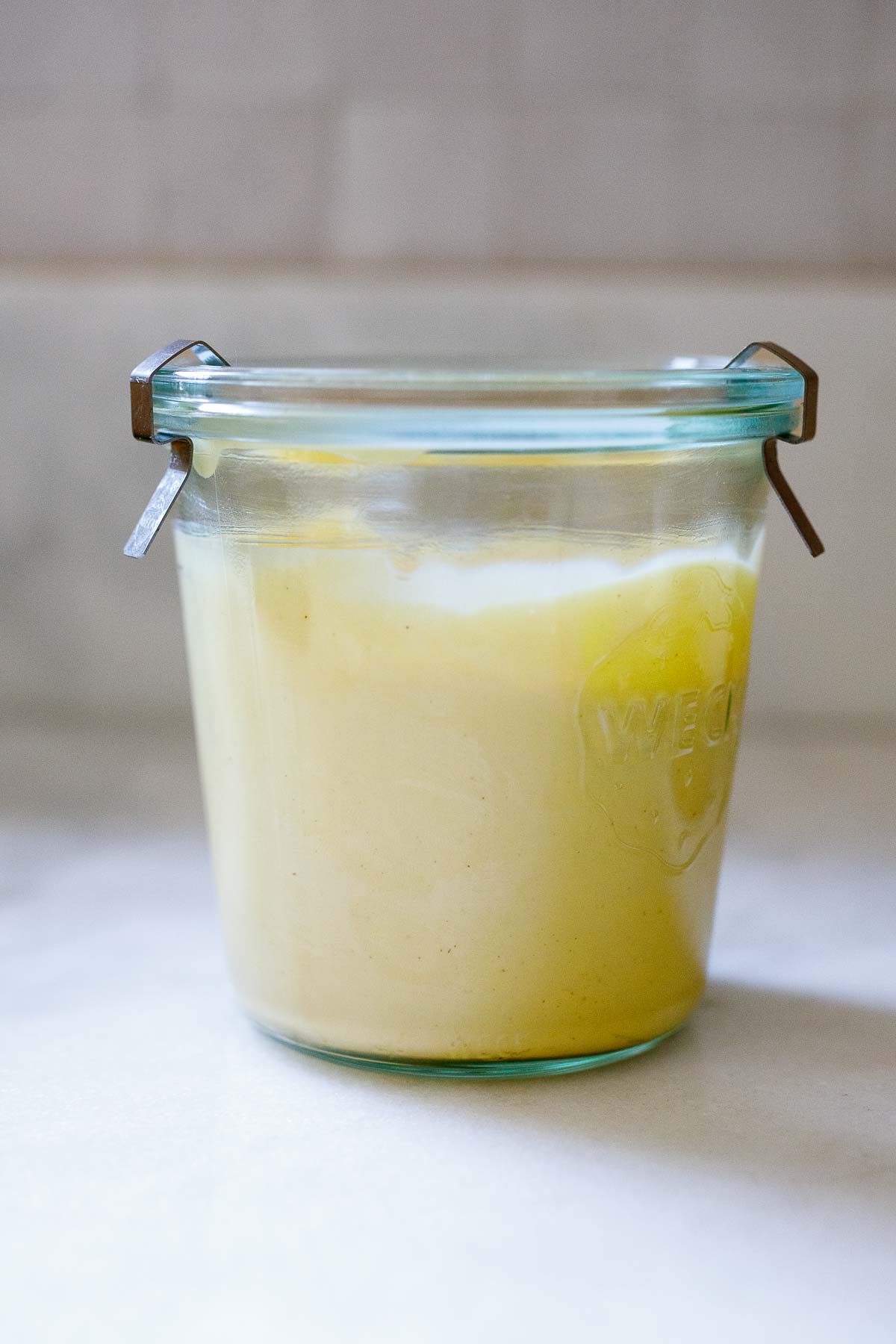
When the sweet ache of being alive, lodged between who you are and who you will be, is awakened, befriend this moment. It will guide you. Its sweetness is what holds you. Its ache is what moves you on.
Mark Nepo
There is something truly magical that happens when you make homemade mayonnaise for the first time. You discover that you can create something creamy and spreadable out of liquids; learning the process of emulsification can be mind-blowing!
As a chef, this technique has become invaluable. I’ve probably made mayonnaise from scratch a thousand times, and just wanted to share my easy, original recipe; once you try it, you’ll never want to buy it again.
Why you’ll love this Mayonnaise Recipe
This easy mayonnaise recipe uses olive oil and an immersion blender right in the jar you’ll store it in. There’s literally zero clean-up.
We use vinegar instead of lemon juice to increase its shelf life, which is a little catering hack. Make sure to read all my chef’s tips.
Why I Prefer Olive Oil
We have been trying to avoid processed seed oils, also known as PUFAs, in our cooking because they may cause inflammation. Many processed foods contain these oils, including store-bought “olive oil mayo,” which often has canola oil. Instead, I prefer making my own mayo with high-quality olive oil. While olive oil can make mayo taste bitter, that bitterness comes from beneficial polyphenols, and I don’t mind it since I know it’s healthy.
Here is more information on seed oils if you are interested. It is not my intent to demonize them-when consumed in a balanced ratio to Omega 3 oils, they are not believed to be overly harmful.
How to make Mayonnaise | 60-Sec Video
Olive Oil Mayo Ingredients
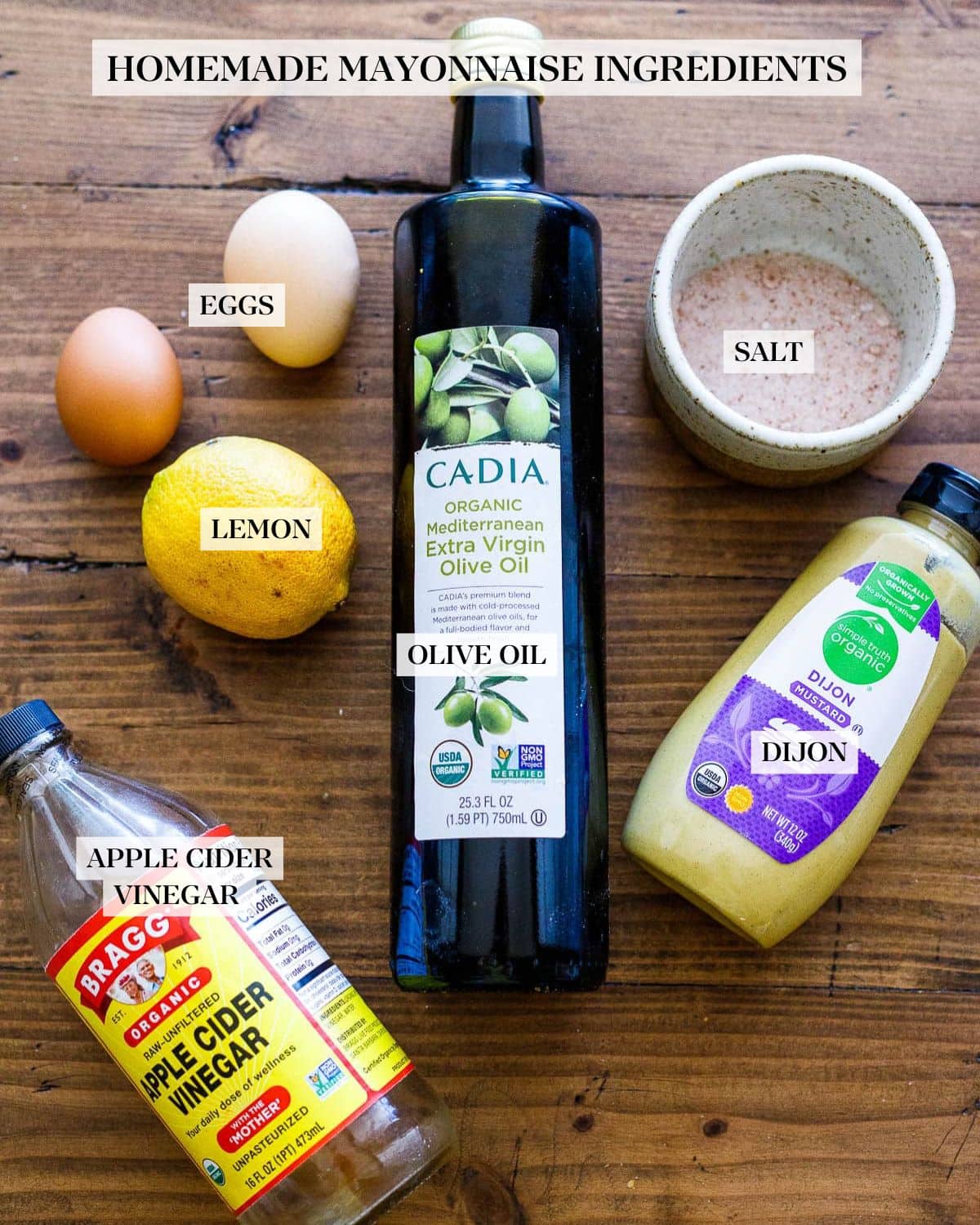
- Egg: Use a large egg for best results.
- Dijon mustard: Adds the best tangy, sharp flavor.
- Vinegar: I prefer to use apple cider vinegar or red wine vinegar, as it helps prolong shelf life. However, you can substitute with lemon juice.
- Salt: Helps balance and enhance the flavors to create a cohesive sauce.
- Extra virgin olive oil: Or use the oil of your choice. Expeller-pressed grapeseed oil or avocado oil works well, too. Make sure to taste your olive oil first to ensure it is not bitter!
See recipe card for full ingredient amounts!
How to Make Mayonnaise (without seed oil)
1. Add ingredients to a jar and blend. First, make sure the ingredients are room temperature. Place the whole egg (large egg yolk and egg whites), Dijon mustard, vinegar, and salt in a 2-cup jar and use an immersion blender on the lowest speed to blend for 20 seconds. Keep the device just above the bottom of the jar.
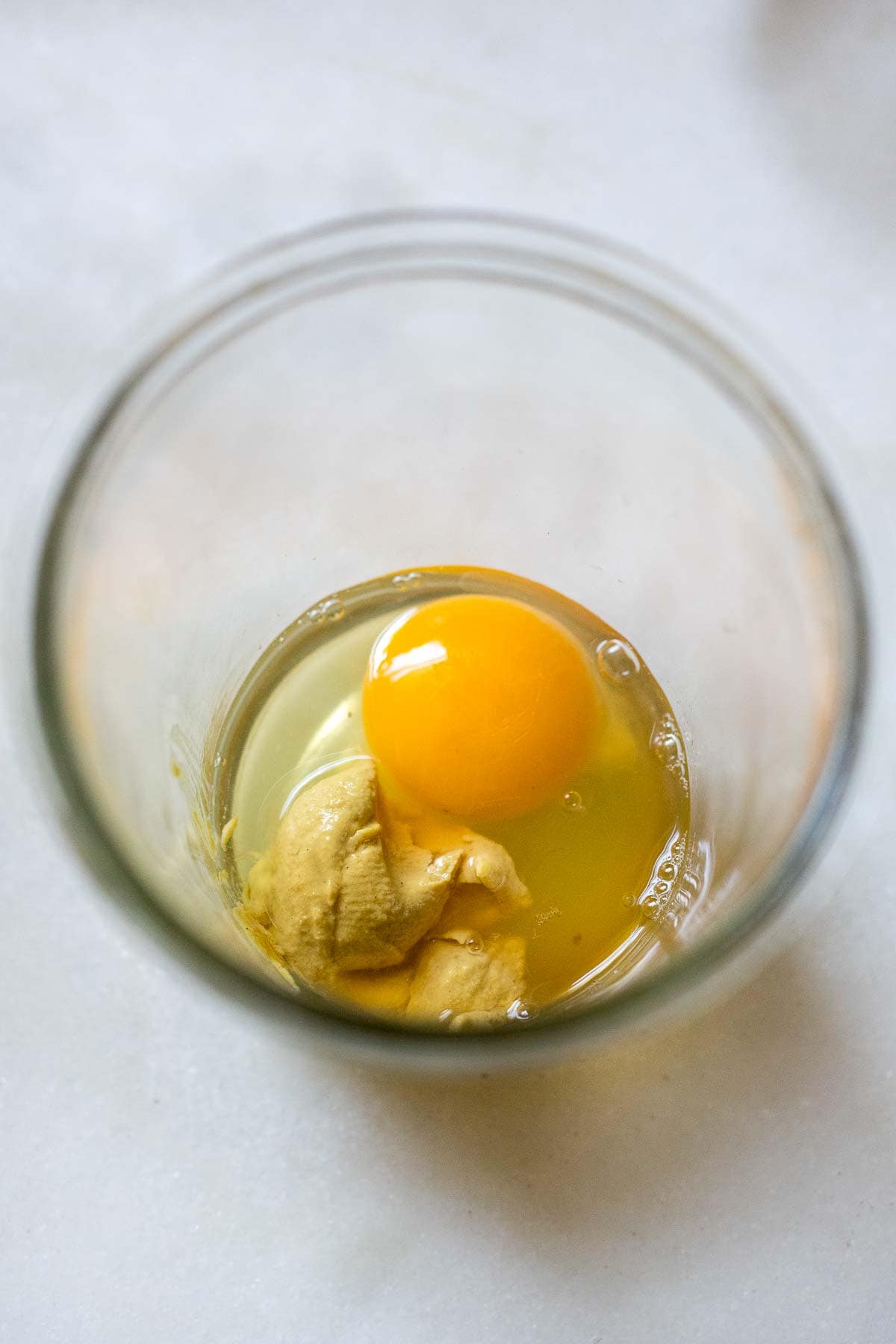
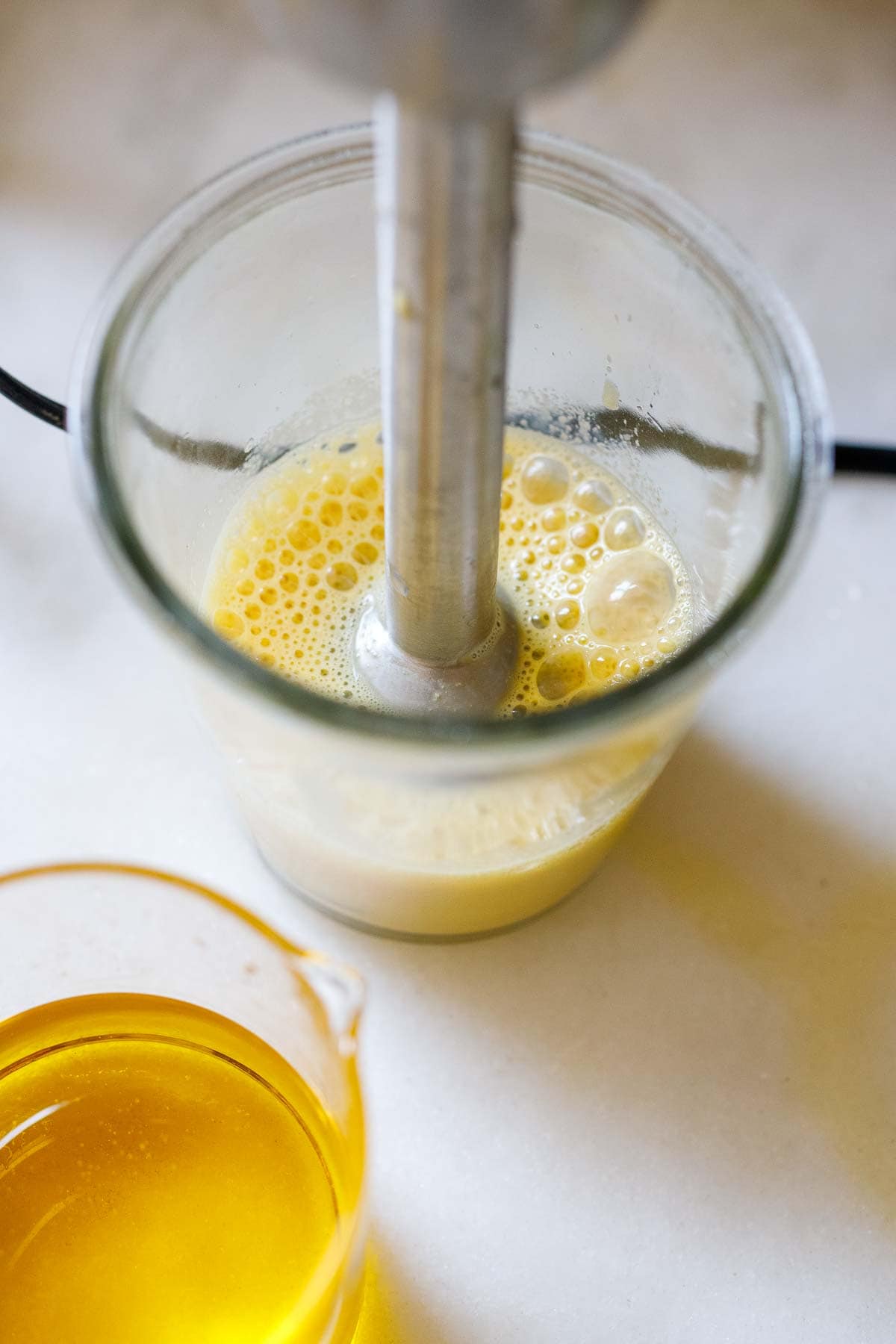
Alternatively, you can whisk the ingredients together in a bowl or use a food processor, blending until fully incorporated and frothy.
2. Slowly add oil. VERY SLOWLY, and this first step is the MOST important, dribble in just 1 teaspoon of oil while blending or whisking vigorously for 20 seconds. When using an immersion blender, use the low speed.
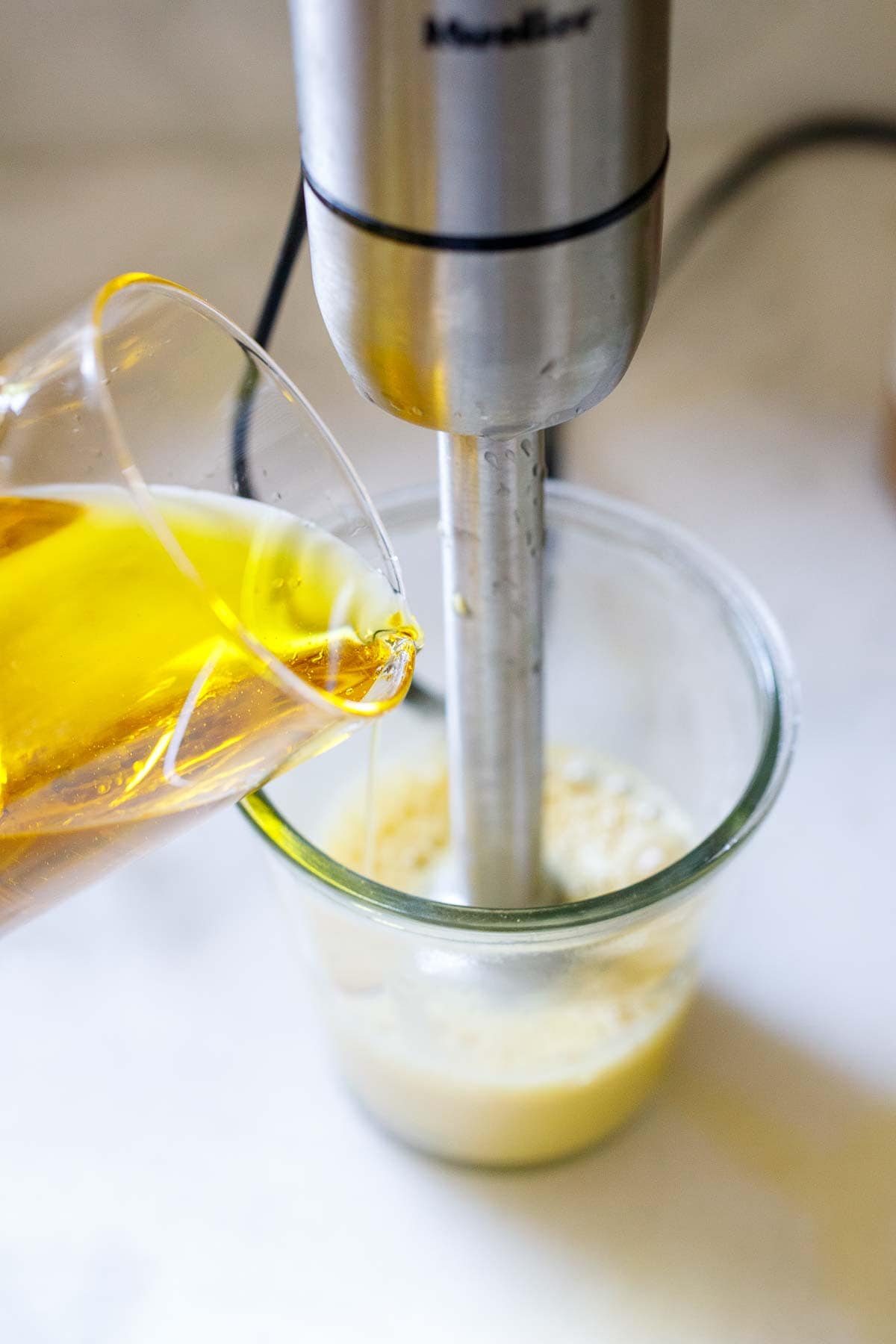
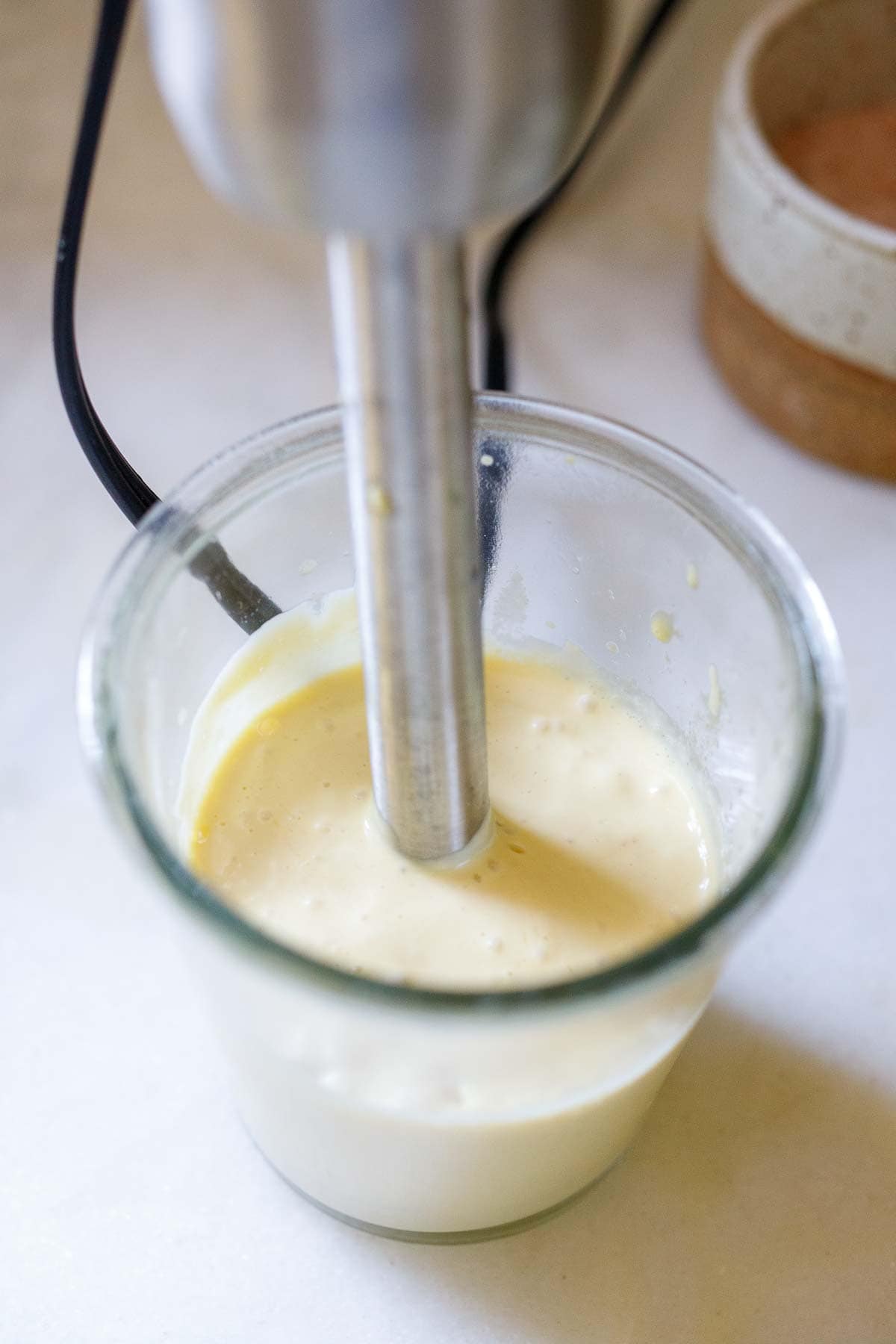
3. Continue adding oil until thickened. After it has emulsified and is creamy, then you can add a little more oil at a time, blending for 10-20 seconds. Continue until all the oil is incorporated. It should get thicker as you add the oil and blend! If it gets too warm, stick it in the freezer for a few minutes. Blend on low speed so it doesn’t overheat.
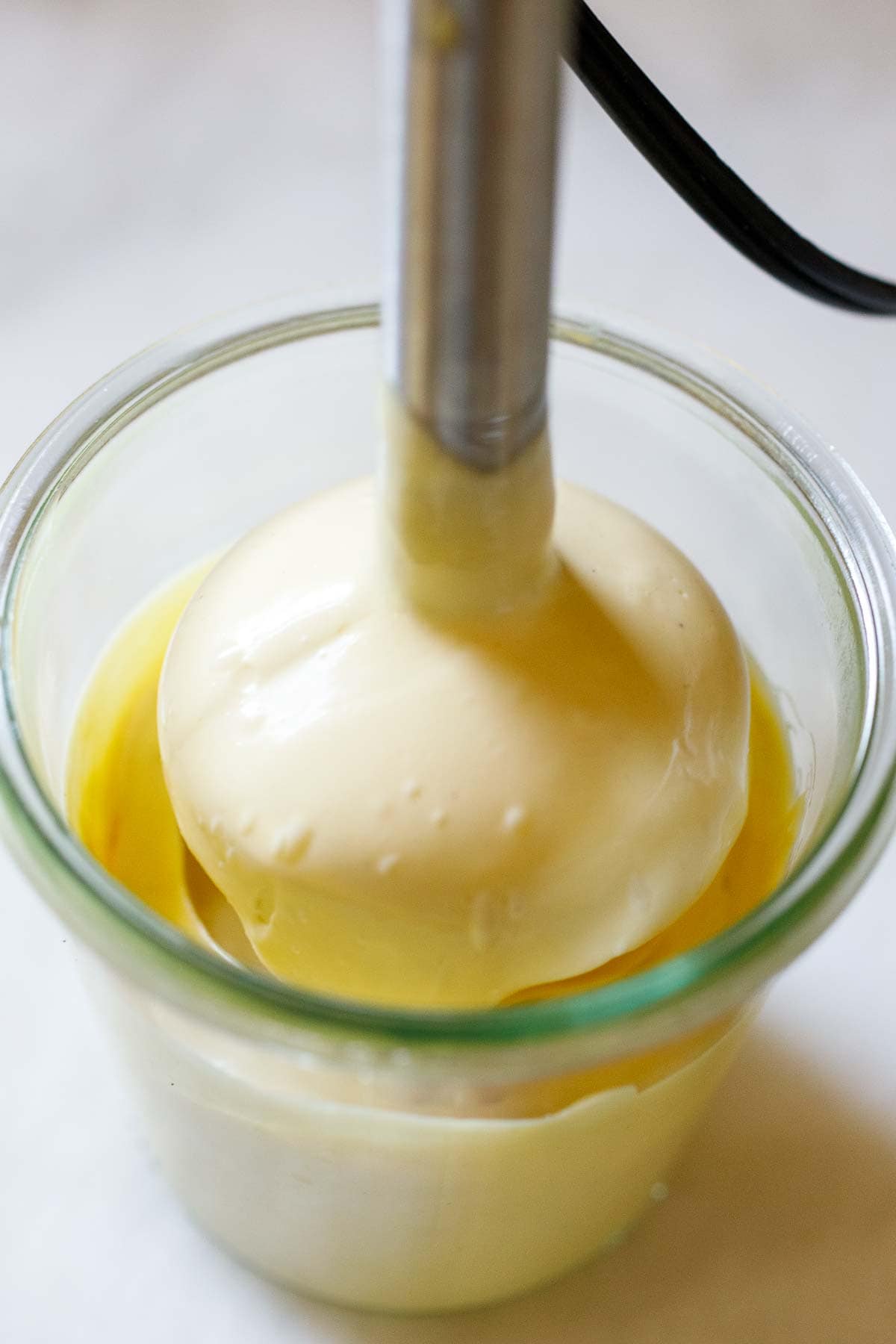
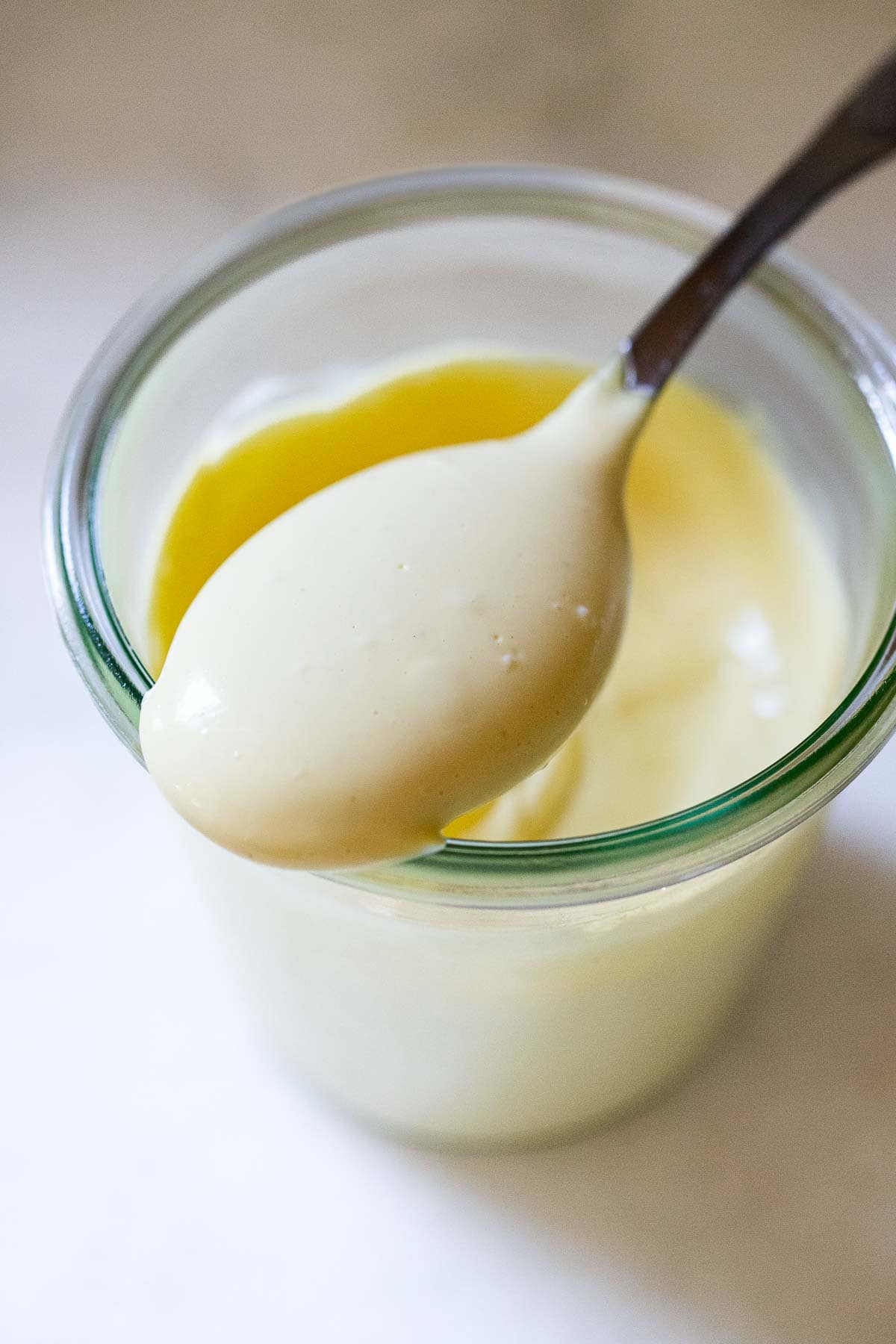
4. Taste and adjust. Remove the head of the blender and scrape down the sides if needed, then taste and adjust for salt and acid. Remember, olive oil can taste bitter from all the healthy polyphenols. I love this bitterness, but more mustard or vinegar can help mitigate it.
Variations
Mix and match the following to create your own tasty variations of mayonnaise! My favorite combo is garlic-tarragon-lemon.
- Garlic: 1/2 garlic clove
- Fresh herbs: 1-2 tablespoons basil, tarragon, or other herbs
- Lemon: Lemon zest or a splash of lemon juice
- Adaptable: You can also whisk it by hand (a great workout!) or use a regular blender or food processor, but I prefer the ease of using an immersion blender right in the same jar it will be stored in, as it saves the extra cleaning step.
Chef’s Tips
Use an immersion blender right in the jar you will store it in. Running at low speed is best to prevent overheating.
Add the oil slowly in the beginning-crucial to creamy mayo! Take care to go slow, especially in the beginning when adding the first few teaspoons of olive oil.
Use the lowest speed on your immersion blender; otherwise, it will heat up and never thicken.
If you can’t get it to thicken, stick it in the freezer for 10-15 minutes and blend on low speed again.
How to Store Homemade Mayo (with olive oil)
Seal in an airtight container and refrigerate for up to 3 weeks. The vinegar in the recipe extends its shelf life.
- If you substitute lemon juice for vinegar, the refrigerated shelf life will go down to one week.
- If you add any fresh garlic or fresh herbs, the refrigerated shelf life will go down to one week.
- You can add dried herbs or granulated garlic, and this will keep for three weeks.
Ways to Use Homemade Mayo
- Sauces: Chipotle Mayo (Mexican Secret Sauce), Grilled Asparagus with Preserved Lemon Aioli, Yum Yum Sauce
- Dressings: Creamy Cilantro Lime Dressing, Dilly Ranch Dressing, Creamy Gorgonzola Dressing, Chipotle Ranch Dressing
- Sandwiches: Caprese Sandwich, Banh Mi, Crispy BBQ Tofu Sandwich with Slaw
- Burgers: Chimichurri Poblano Turkey Burger, Bison Burger, Thai Turkey Burger, Grilled Lamb Burger with Harissa Aioli
- More ideas: Hearts of Palm “Tuna” Salad, Salmon Patties, Dilly Egg Salad
FAQs
Egg, oil, and an acidic component like vinegar or fresh lemon juice. We use vinegar to extend the refrigerated shelf life to three weeks.
Our recipe for homemade mayonnaise takes 15 minutes. It’s a simple method that blends the ingredients in the jar it will be stored in!
Blending on high speed will overheat the mayo, which prevents it from thickening.
Vinegar prolongs the refrigerated shelf life of homemade mayo-3 weeks instead of just 1 week with lemon juice.
Yes, if you use mayonnaise fairly often. This mayonnaise recipe is made with ingredients you likely already have on hand-egg, mustard, vinegar, salt, and oil. It keeps for up to three weeks, so it is economical if you use it within that time!
It is not recommended. Because mayonnaise is an emulsion of oil, egg, and acid, freezing it breaks down that emulsion, resulting in a grainy or watery texture once thawed.
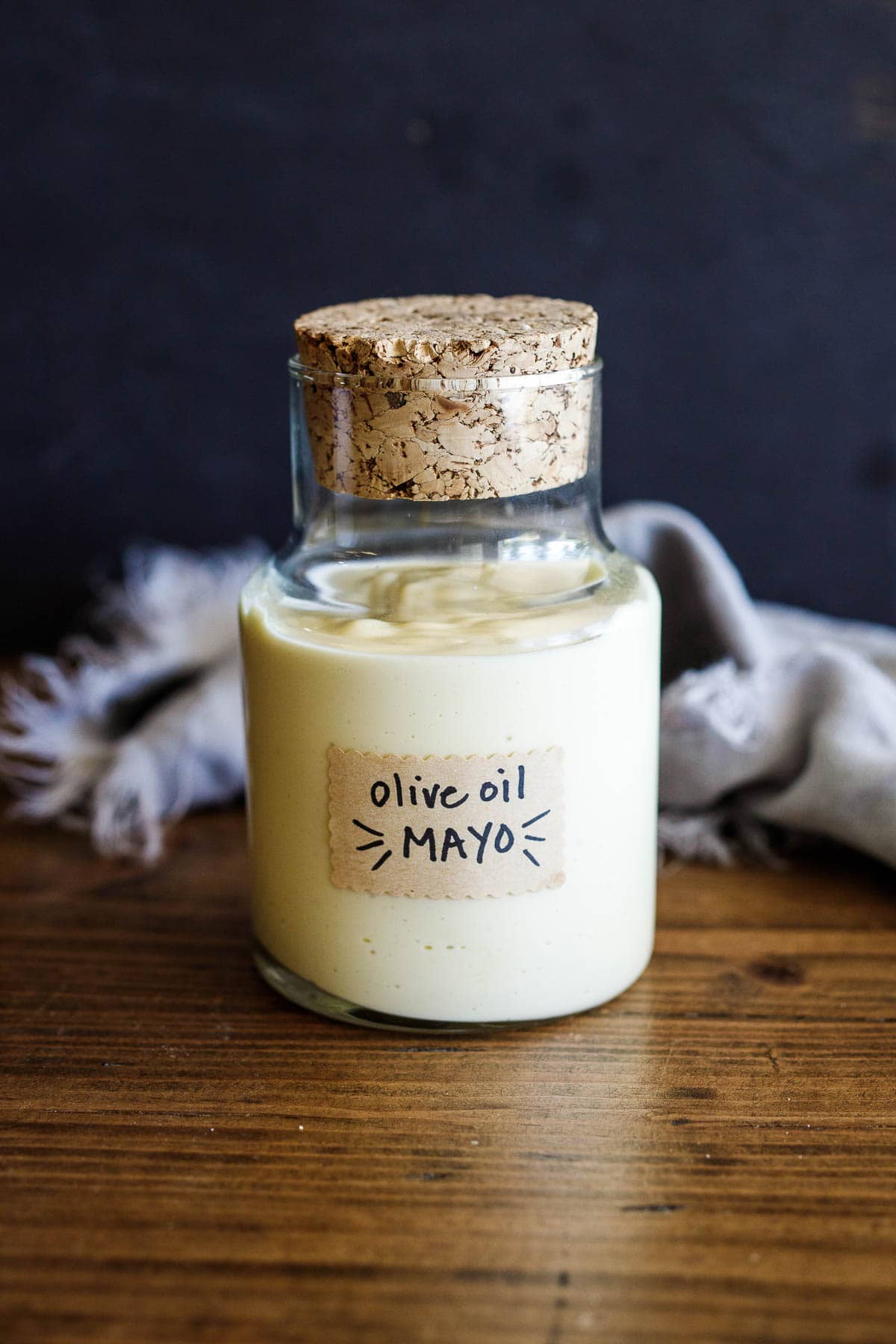
More Cooking Basics to Try!
If you like DIY, you might also like our All-Purpose Cleaning Spray!
After you try this mayonnaise recipe, let us know how it turns out in the comments below. Your review will help other readers, too! Sign up here to join our community and receive our latest recipes and weekly newsletter! xoxo Sylvia
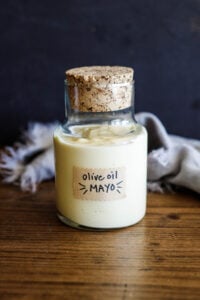
Easy Homemade Mayo
- Prep Time: 15
- Total Time: 15 minutes
- Yield: 1 ¼ cup 1x
- Category: sauces
- Method: blended
- Cuisine: French
- Diet: Vegetarian
Description
This simple, easy mayonnaise recipe is made with an immersion blender. Keep it in the fridge for up to 3 weeks!
Ingredients
- 1 large egg
- 1 tablespoon Dijon mustard
- 1 tablespoon apple cider vinegar
- 1/4 teaspoon salt
- 3/4–1 cup mild-flavored oil- olive oil, or use half avocado oil (make sure your olive oil is not bitter, taste it first!)
- Optional additions- 1/2 garlic clove, 1-2 tablespoons fresh herbs (basil, tarragon, etc) , lemon zest, or splash of lemon juice- see notes. My favorite is garlic-tarragon- lemon.
Instructions
- Place egg, mustard, vinegar, and salt in a 2-cup jar and use an immersion blender (right in the jar). Blend on low speed or whisk for 20 seconds until frothy. Alternatively, use a food processor, or use a bowl and whisk by hand.
- Add 1 teaspoon of olive oil at a time, blend 15 seconds on the lowest speed (so it doesn’t get warm). Keep adding a teaspoon at a time, blending on the lowest speed for 10-15 seconds between each addition, until it is creamy. Be patient here in the beginning with the first 1/4 cup of olive oil – this initial stage is the key to getting the mayo to emulsify and get creamy and thick.
- Once it’s creamy, then gradually add a tablespoon at a time, blending or vigorously whisking in between each addition. If done right, the mixture will thicken as you keep adding and blending.
- If your mayo is not thickening, the mayo may be too warm from the blender itself. Cool it off for a few minutes in the freezer, they try again.
- Scrape down sides if need be, and blend until thick and creamy.
- Taste and adjust salt and acid. A little splash of lemon juice is nice here.
- Store it in the 2-cup jar with a lid and refrigerate for up to 2 weeks.
Notes
Store the basic recipe in the fridge for up to 2 weeks. (The vinegar keeps this fresh longer.)
TIP: When using an immersion blender, use low speed to prevent mayo from getting overly warm- which may inhibit it from thickening. If it does get warm, place it in the freezer for 10 minutes and blend again.
Yes, you can use a blender on low speed, but I would double the recipe.
If adding fresh garlic or fresh herbs (add in step one)- and understand that the mayo will only keep 1 week. (Dried herbs or granulated garlic will not affect shelflife.)
If you substitute lemon juice for the vinegar, again, the mayo will only keep for one week.
Personally, I do not like the “eggy” taste of some mayos out there, so I have “upped” the vinegar and dijon here to mask this. Feel free to reduce if you prefer.
Nutrition
- Serving Size: 1 tablespoon
- Calories: 97
- Sugar: 0 g
- Sodium: 54.5 mg
- Fat: 11.1 g
- Saturated Fat: 1.6 g
- Carbohydrates: 0 g
- Fiber: 0 g
- Protein: 0.1 g
- Cholesterol: 10.2 mg
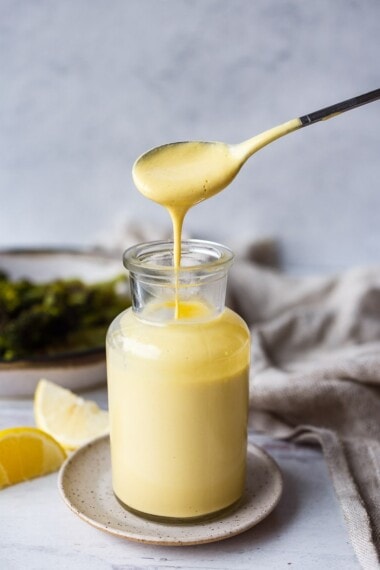
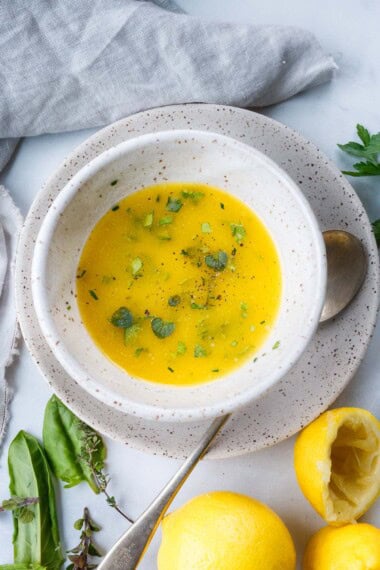
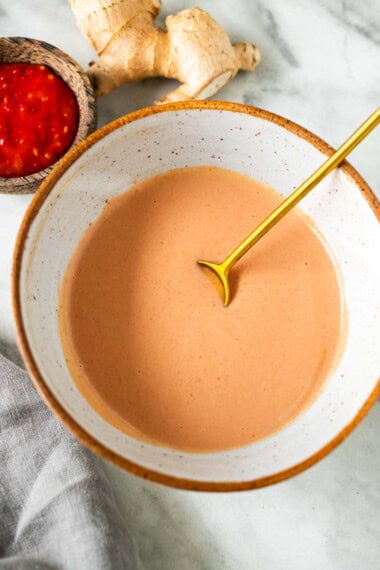
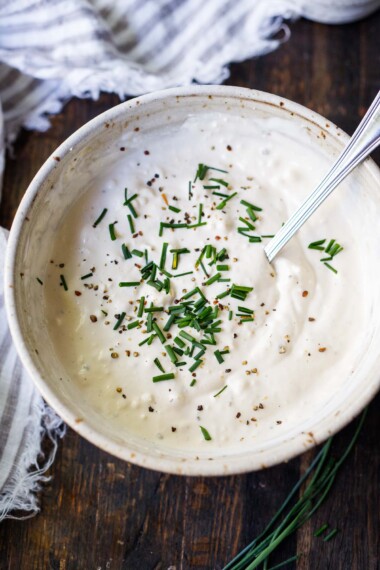
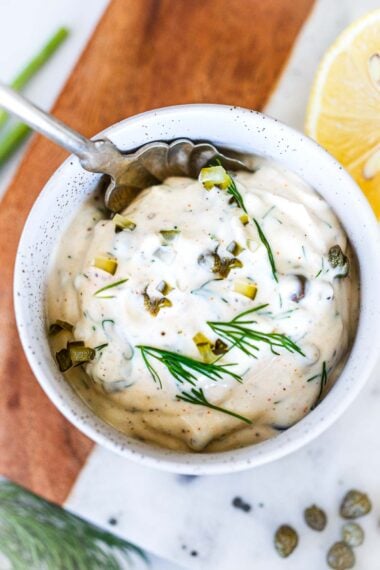
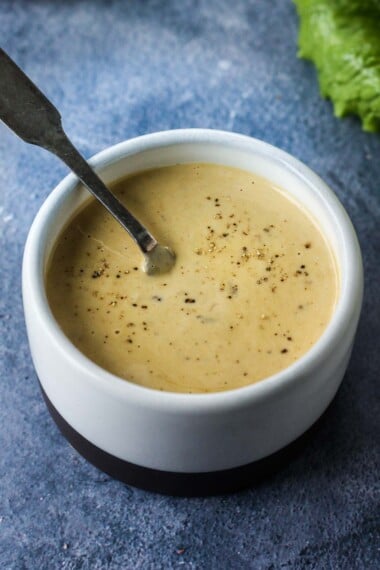
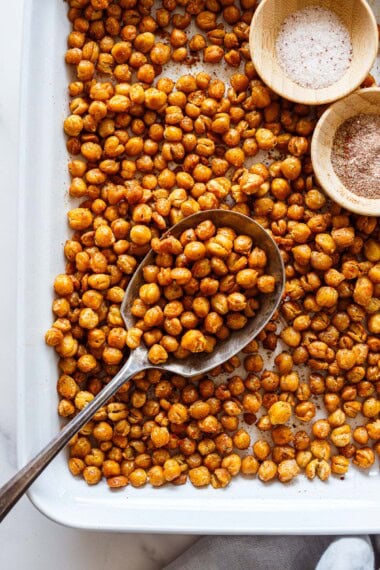

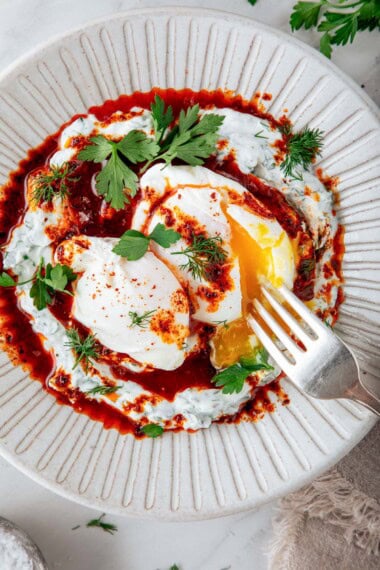
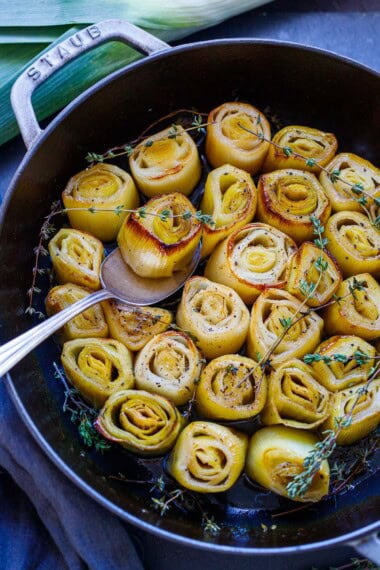

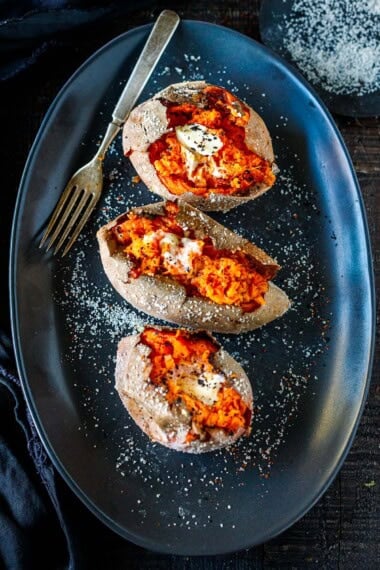
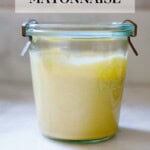
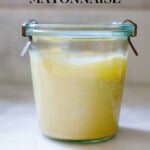
Great recipe and techniques, works wonderful. One thing, I used EVOO and the mayo came out bitter tasting. Next time I’ll use a neutral oil and sub out the lemon juice with apple cider vinegar.
Hey Claudio, glad this worked for you! The apple cider vinegar helps with the bitterness too, as well as the Dijon. 😉
This worked perfectly. I used Light Olive Oil and did as the recipe said using a stick blender. It is so tasty😁
Great to hear Portia!
I would love to make this but I’m concerned about using raw eggs. Do you recommend using pasteurized eggs? If yes, any particular brand that works well. Thanks!
Hi Pam, feel free to use pasteurized eggs- I don’t have a certain brand, but always look for free range, pasture raised.
I was looking for a mayonnaise recipe using olive oil. This is a good one.
Glad to hear this Susanne!
We have stopped buying mayo. This is easy to make and tastes so much better!! I am happy to have the clean ingredients and no preservatives.
Great to hear this Lisa!
Great recipe. Worked perfectly first time.
So glad it was a hit Laurie!
I made this and it tastes like olive oil and mustard, not mayonnaise. 🙁
Sorry it wasn’t for you!
Love this, instead of buying mayo, I have been making it. My family really likes it, and I like that I can control the ingredients and put in what I want.
Glad you are enjoying Lisa!
This turned into soup. Not mayonnaise
Sorry this didn’t work for you- any guesses as to why?
As others have commented, I used a low speed, added 1tsp at a time and cooled in freezer then proceeded with the jar on top of some frozen peas. It still didn’t thicken. What can I do with my oil and eggs blend so as not to waste it?
Hey Heather, I sorry this didn’t work for you. You could use this as the base of dressing- like a caesar dressing.
Sounds great, am i missing the portion sizes of the ingredients in the recipe?
Hi Bradley, You may need to scroll further down to the recipe card. It is all in there. 🙂
I loved this recipe (and I don’t usually like mayo), and I had no problems with the recipe as written. I added the optional garlic and fresh tarragon that I needed to use up. For a while it didn’t seem like it was thickening until all of the sudden around 1/3 of a cup in it did. Stay patient and add the oil slowly. I added a pinch of sugar and salt at the end with a squeeze of lemon to adjust for my taste preferences.
Thanks Lynn, appreciate your review!
I use chickpea water instead of egg
But want to stop using seed oils
Will try light olive oil instead
I find that avocado oil tastes too heavy
I love the olive oil here. Have you tried our vegan mayo? Made with tofu? you might like that too.
Followed this recipe to a T – that is to say precisely, adding only 1 tsp of oil to the concoction and even blending it a little longer at high speed when it didn’t appear to be emulsifying, yet it never fully emulsified. Did not proceed past the 1/4 cup of oil, given it refused to thicken. Found elsewhere on the web that all ingredients (incl. the egg) should first be brought to room temp to avoid this problem, which was not mentioned here. Additionally, acidic ingredients can prevent proper emulsification, which would of course include apple cider vinegar (vs. standard vinegar).
I did, indeed. In fact, I ordered one (All-Clad 600W immersion blender) specifically to make this mayo, which just compounded my frustration. Not only did I waste the ingredients, I wasted $120 on this blender. Serious bummer.
Well I am truly sorry it didn’t work for you. I make this recipe as written pretty often, so not sure what could be going wrong. Did you start your blender on lowest speed? If it gets too warm it will stay liquidy.
Do me a solid:
If you try another Mayo recipe, could you come back here and tell me if something else works for you? Don’t give up. I’m all ears. 😊
Can a tiny bit of (not raw) honey be added without compromising the storage life?
Honey is a natural preservative so should be just fine!
What immersion blender speed should be used for the olive oil mayo?
Hi Neil I usually use my low speed to start and mostly through out the process. High speed at the end if needed?
Thanks so much. My blender is on the way and I will be making your recipe later this week.
Great, let us know how it goes. 🙂
Hello, again. I found total success: perfect texture and taste. I followed your recipe to a tee using my blender on low speed. Thank you for your originality!
Excellent to hear Neil! Such a great accomplishment.
Mayonnaise was originally made with olive oil. Cheaper oils were substituted later to save money.
Thanks Joe- I agree. 🙂
Hi there
Just wandering from your years of making this mayo with raw eggs has any one ever fallen ill? is it safe to use raw egg? They don’t need pasturing first?
Thank you
Hi Tracee. 🙂 I think it depends on your level of comfort and the source of your eggs. I think they are generally safe and raw eggs are used in a lot of traditional recipes. But if uncomfortable, you can buy pasturized eggs if you prefer.
Easy and delicious. Never buying mayo from the store again!
Awesome Elaine!
So yummy!!!! Nice and simple too.
Glad you gave it a try Katie!
Delicious!! I added some horseradish (I eat a lot of seafood) and it’s been given the seal of approval by my stolid male friend who is quite conservative – food-wise ( but organic).
Oh sounds delicious!
Read a review about warmth from blender affecting emulsification. Had the same problem. Wrapped a gel icepack around the jar and it worked like a charm! Thickened right up!!
Brilliant Tammy!